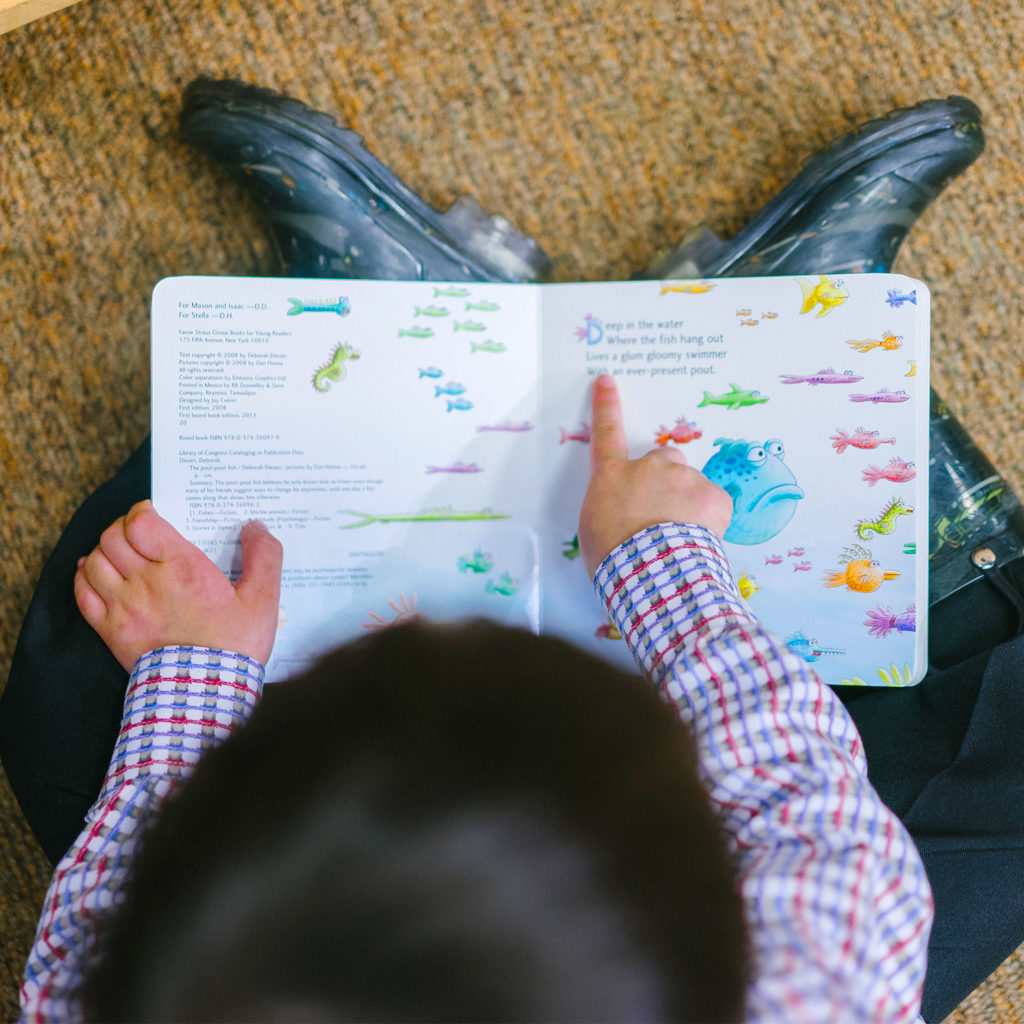Infant & Toddler Programs
-
We believe in building strong partnerships with our families for optimal care of infants and toddlers. Each unique family has a child with individual and varying temperaments, rates of development, and interests. We see young children as curious, motivated learners who are also dependent upon adults for nurturing, support, and guidance.
Research-Based Approach
Our infant/toddler programs implement the philosophical approach of West Ed’s Program for Infant Toddler Care (PITC). This philosophically sound and research-based approach provides us with a framework of quality care for how children grow and develop over time. The framework guides the quality of care we provide through our primary teachers, individualized care, small intimate groups, continuity of care until age 3 years, cultural continuity between the center and family, and inclusion of children with varying needs.


Individualized Care Routines
Each child will have his/her own primary teacher who learns about their unique needs such as feeding, toileting, napping, and who responds to your child through each stage of learning and development. Our teachers adapt to your child’s particular pace, cues, needs schedule, rhythms, and styles. Working in these small, intimate groups of 3-4 infants or 4-6 toddlers gives us the opportunity to support relationship building and to encourage individual choice, problem solving, and discoveries in the process of learning. Each teacher comes to know each family’s distinct preferences and concerns in caring for their individual child. This provides us the opportunity to bridge the connection between your home care routines with our center care, allowing for continuity and seamless transitions.
Our Staff & Environment
Our nurturing and educated teachers plan and prepare an enriched learning environment which fosters infants and toddlers’ initiative, active exploration with materials, and engagement with other children and their teachers. Our infant/toddler environments offer opportunities such as:
- Small muscle activity areas with materials such as textured balls, soft toys, and foam blocks
- Sensory perception areas with materials such as water play, play dough, and sticky materials
- Indoor and outdoor large motor areas with materials such as ride-on toys, slides, trikes, and climbers
- Creative expression areas with materials such as paint, music, scarves, and pretend play materials

Subsidized Programs
Our programs strive to be supportive of the family, including parents who are in school, foster families, homeless families, and those working or seeking employment. We welcome all children and families into our programs. In many of our centers we provide subsidized child care programs. To learn more and see if you are eligible, click here.
Not ready to enroll? Submit an inquiry.